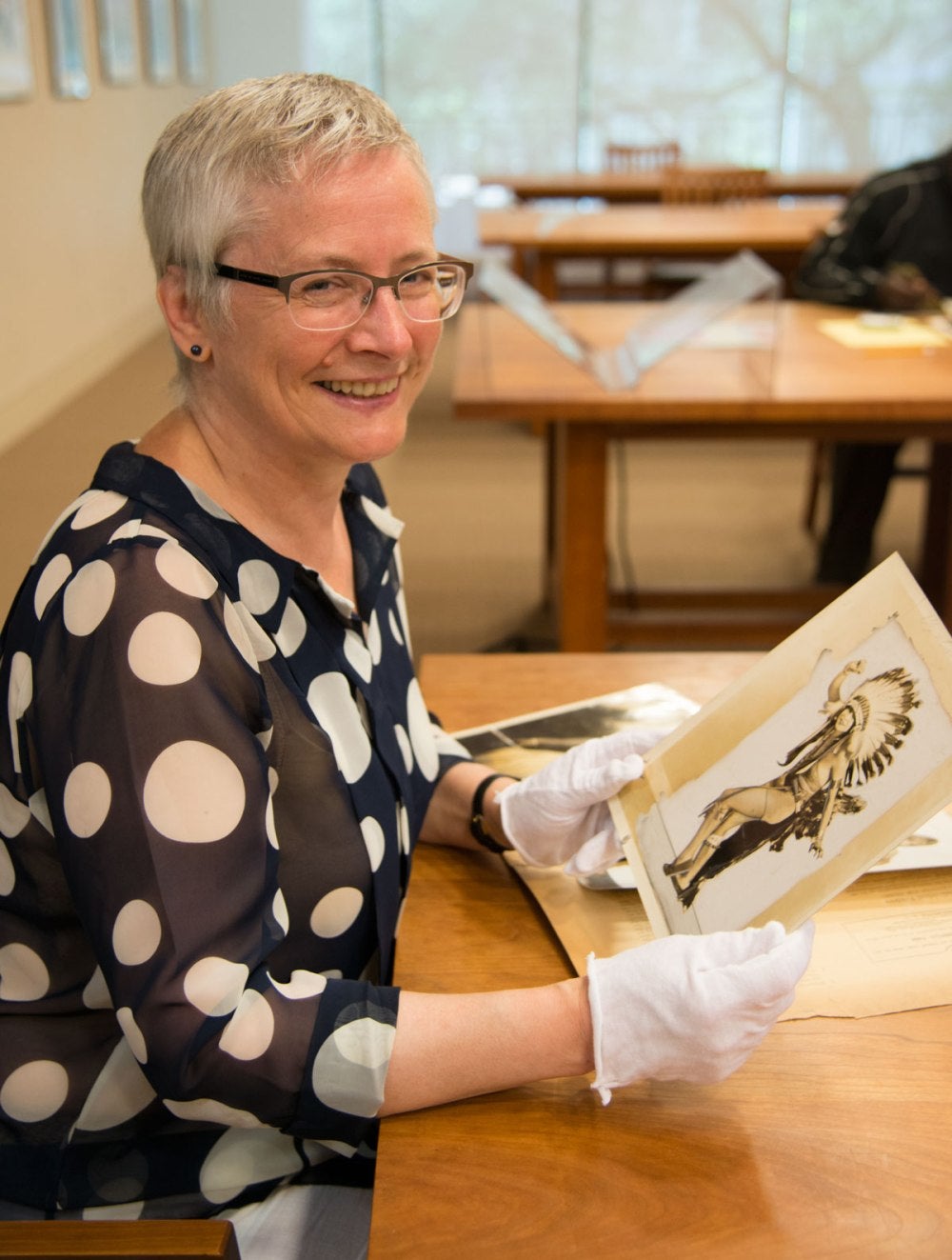
As the University of Guelph writes: “Indigenous Performers, Vaudeville, and Building Relations of Research Exchange” is part of “a research project that [Bold] says upends long-held notions of the role Native peoples played in the popular culture of the late 1800s and early 1900s. “I am thrilled that the Canada Council of the Arts, through the Killam Fellowship, is investing in the recovery of these Indigenous performers, recognizing the importance of their stories, lives and careers to our understanding of who made popular culture and modernity,” Bold said. Early twentieth-century books, plays and movies often portrayed Indigenous characters as stock representations in the “cowboys and Indians” mould of popular westerns. At the same time, vaudeville, the first global system of mass entertainment, had no room for Indigenous participants, on stage or in the audience – or so it seemed. Bold has spent more than a decade unearthing the stories of about 150 little-known “vaudeville Indians”— that is, Indigenous and non-Indigenous actors in North America who “played Indian” on global circuits. She will use the Killam award to complete a book called Indigenous Modernities: The Secret History of Vaudeville, 1880s-1930s.
Her project focuses on seven performing families, including members of Seneca, Mohawk, Penobscot, Cherokee and other Native nations. Those performers played on vaudeville and variety stages across North America, Europe and the Antipodes during the late 1800s and early 1900s. Many of those acts played in virtuoso ways with prevailing stereotypes—all in the midst of genocidal policies and practices against Indigenous peoples, said Bold. Having worked with numerous archives and digital databases in six countries – including U of G’s McLaughlin Library archives — she also plans to help “repatriate” artifacts and materials.
“These are not my stories,” said Bold. “I aim to return them to their home communities where possible. They’ve been separated by colonization.” As a non-Indigenous scholar, she is developing research relationships with Indigenous artists and scholars to guide the project’s principles, processes and outcomes.”